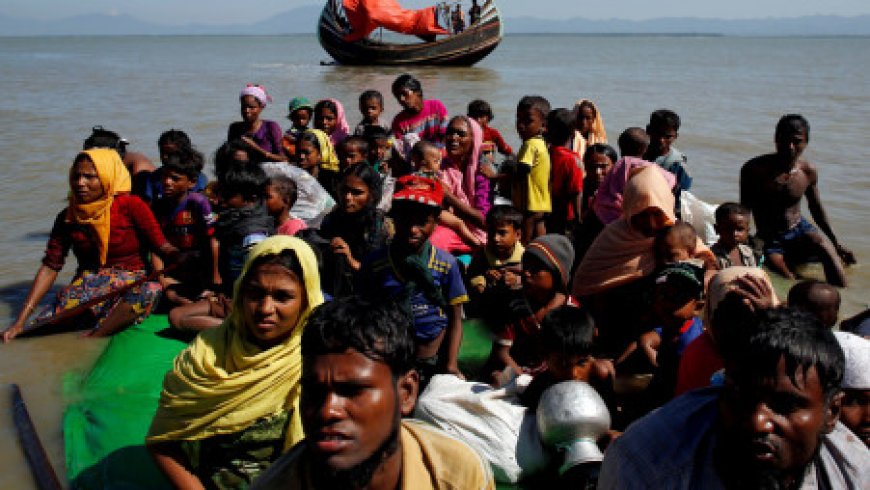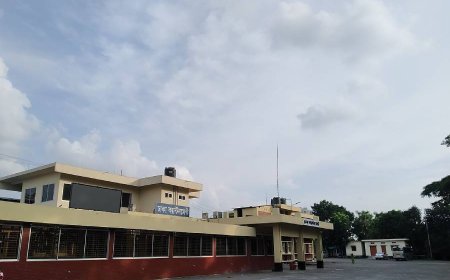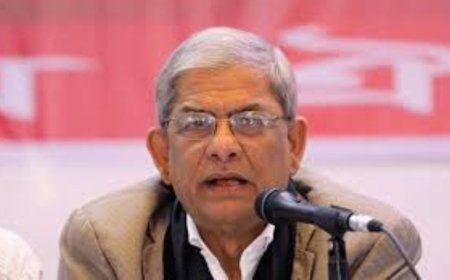UNGA passes resolution and agrees to hold a high-level conference on Rohingyas next year
The resolution reaffirms the commitment to support all accountability efforts aimed at bringing perpetrators to justice.

On Wednesday, the United Nations General Assembly adopted a resolution calling for a high-level conference on the Rohingya crisis to be held next year, aiming to find sustainable solutions.
The resolution, titled "The situation of human rights of Rohingya Muslims and other minorities in Myanmar," was jointly presented by the Organisation of Islamic Cooperation (OIC) and the European Union (EU). It was adopted by consensus and co-sponsored by 106 countries, marking significant international support.
The resolution mandates that an all-stakeholder high-level conference be held as early as possible in 2025 to address the situation of Rohingya Muslims and other minorities in Myanmar. The conference will review the ongoing crisis and propose a comprehensive, innovative, concrete, and time-bound plan for a sustainable resolution, including the voluntary, safe, and dignified return of the Rohingya Muslims to Myanmar.
The call for this high-level conference was initially made by Bangladesh’s Chief Adviser, Dr. Muhammad Yunus, during the high-level week of the 79th UNGA in September.
The resolution also emphasizes the right of all refugees, including Rohingya Muslims sheltering in other countries, to return safely and calls for concrete actions to create the necessary conditions for their voluntary, safe, and dignified return and reintegration.
It highlights the serious human rights violations, including killings, destruction of homes, obstruction of humanitarian aid, and the forced recruitment of civilians, particularly Rohingya Muslims and other minorities, including children.
The resolution reaffirms the commitment to support all accountability efforts to bring perpetrators to justice.
Furthermore, the resolution stresses the critical role of the Association of Southeast Asian Nations (ASEAN) as a regional organization, underlining its initiatives in implementing the five-point consensus.
Ambassador Muhammad Abdul Muhith, Bangladesh’s permanent representative to the United Nations, stated, “For us and for the sake of regional and international security, creating conditions for the safe, voluntary, and dignified return of the Rohingyas to Myanmar is of utmost importance.”
He also described the complex and concerning situation created by the prolonged presence of Rohingyas in Bangladesh and expressed disappointment that little progress has been made over the past seven years in addressing the root causes of the crisis.
Referring to both the Security Council resolution and the resolution adopted on Wednesday, Ambassador Muhith called on the international community to take necessary actions to create the conditions required for the return of Rohingya Muslims. He also stressed the importance of adequate funding for the humanitarian response plan to support the Rohingyas until their return.
The Bangladesh mission to the UN stated that the adoption of the resolution by consensus is a significant step forward, reflecting the strong commitment of the international community toward a durable resolution of the crisis.
What's Your Reaction?





















































































